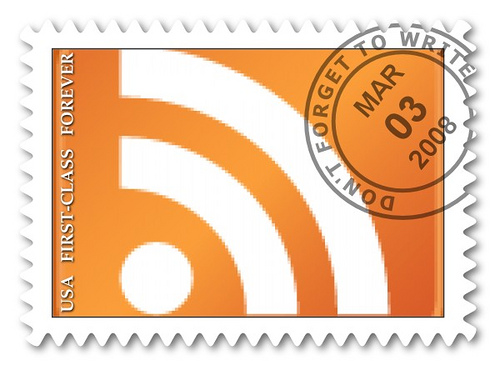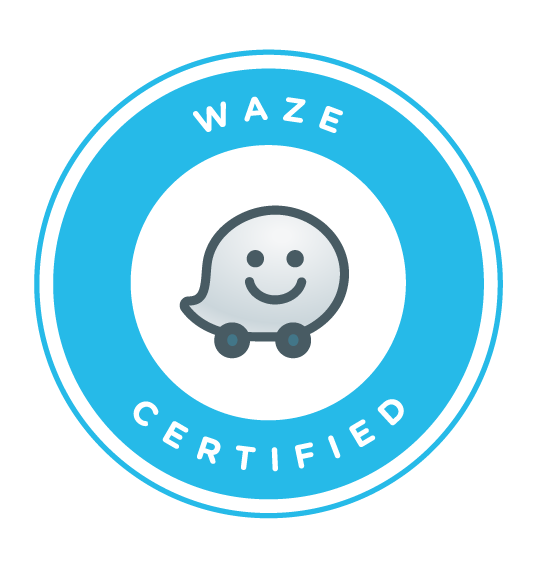With Google Reader closing down as of the 1st July it was quite a blow to many of us that had used the service for years. Those outside of the tech circle could be forgiven for wondering what all the fuss was about.
Many of you may not even understand what RSS is!
Firstly, I must say that the content you create, or curate, is the most important factor, with or without RSS.
An RSS Primer
For those that already know what RSS is, please skip these next couple of paragraphs.
For those that don’t:RSS stands for Rich Site Summary. It is a way to subscribe to- and read- the content of a website without visiting it. The key being that the RSS “feed” will update automatically whenever the website updates: a massive time saver when you are trying to follow many websites.
Whta this means is that rather than keeping a list of bookmarks and remebering to visit each site to see if there have been any new articles published I just use an RSS reader, like Google Reader which “collects” the latest articles for me.
What RSS Gives Small Business
For many in the tech industry or journalism, RSS means they can follow the content from hundreds of websites by skimming through their RSS reader and reading articles that catch their eye. It also means they can afford to follow lots of smaller websites- something that wouldn’t be possible if they had to visit every site individually.
What this means, for your small business, is that you have as much of an opportunity of your content being found, if relevant and of good enough quality, as a large corporate.
Furthermore, RSS is used by many automated services- including your blog- to share your content across the web.
Social As A Substitute
Whilst the RSS feed produced by your website is not going away, and many automated services may continue to rely on them, it’s the trend towards Social Media that is a double edged sword.
Many who want to keep up with the latest news are substituting their RSS Reader for their Twitter, Facebook, LinkedIn or Google+ stream. Which is great if you are on their follow list, but if you haven’t courted the right people it’s going to be hard work to get discovered.
Getting discovered though is one of the tricks to using Social Media effectively so maybe that’s just fair. The one advantage of RSS though over a social feed is that RSS is fairly static. Your RSS reader stores your feeds for you to go through when ready. The social stream is a moving target, and even something posted 5 minutes ago can end up being yesterday’s news in a busy stream.
Social Means Working Harder
If the use of RSS starts to fade in favour of discovery via social streams, as a business you are going to have to work harder. Your content is going to need to stand out in the fast paced world of social. You’ll need to covet relationships with those that are connected and those that will share your content and magnify your reach.
Time is already an expensive commodity and where RSS helps press the pause button, social media is always on fast forward. You will need to earn attention by providing value; you will need to get noticed by always being in the room, taking part in the conversation.
If RSS Dies
If RSS really does drop from everyday use you’ll need a Social Media Strategy more than you ever have. Either that or you’ll need to pay those that are connected to get the attention for you.
And we’ve been there before!
There’s little you can do to effect the future of RSS, but hopefully you are now more aware of its impact.
Along with the consequences of its demise.






